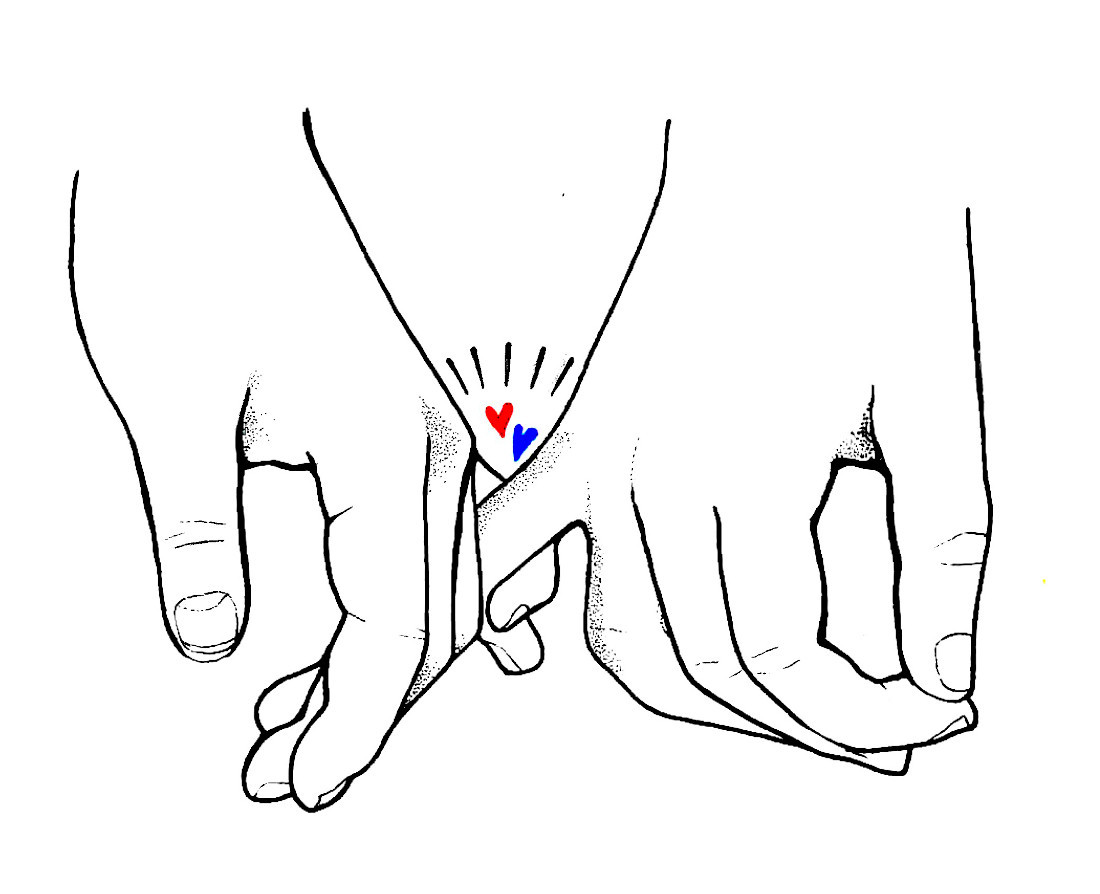Pleasure is power
Mother of goo
I first wrote about pleasure activism in September of 2020 for my first Mother of Goo column. I learned of pleasure activism from adrienne maree brown, activist and author of Pleasure Activism: The Politics of Feeling Good.
Pleasure activism approaches justice and liberation through making them “the most pleasurable experiences we can have on this planet.” Brown’s book unpacks how systems of oppression dictate who gets to feel good, how, when and why.
Brown argues that by centering and reclaiming pleasure, we can “bring aliveness into our systems” and “access personal, relational and communal power.” Pleasure in this sense is expansive beyond just sexuality. It is a tool of power and healing.
In this column, I often offer “how-tos” around things like eating ass or having cyber sex. But I also cover systemic oppressive laws and stigma that ultimately harm members of our community. My goal at large is to illuminate the insidious nature of much of our dominant social discourse as it pertains to pleasure and our bodies, with a focus on sexuality and sensuality.
Although many believe pleasure, sensuality and bodily autonomy are personal issues, anyone who has faced oppression will know that the personal is, in fact, political. An obvious example of this is the 2022 overturning of Roe vs. Wade in the United States, the outcomes of which are felt by Canadians working in and/or seeking reproductive healthcare.
Brown’s assertion that regaining pleasure is a tool for dismantling structures of oppression is supported by the words of Audre Lorde. Her assertion that pleasure is an effective tool of healing is supported by Stephen Porges’ polyvagal theory.
In Uses of The Erotic: The Erotic As Power, Lorde writes that the erotic is “creative energy empowered.” She goes on to explain that “In touch with the erotic, I become less willing to accept powerlessness, or those other supplied states of being that are not native to me, such as resignation, despair, self-effacement, depression, self-denial”.
By “supplied states,” Lorde is referring to systems of oppression and the scarcity mindset that often results from a capitalist system. We are taught to fear our own potential and our capacity to demand change in our communities.
Porges created the polyvagal theory in 1994. It investigates branches of the vagus nerve (a nerve connected to the body’s major organs). Broadly, the polyvagal theory offers scientific evidence that emotions are physical, and that various types of physical (pleasurable) sensation can support healing from complex trauma.
Dr. Bessel van der Kolk (polarizing author of The Body Keeps the Score) explains that this is partially due to the “agency” that comes with “interoception, our awareness of our subtle sensory, body-based feelings.” Effective examples of this type of healing pleasure include yoga and massage therapy, among others.
Allow me to summarize: pleasure is political. Pleasure is a doorway to power and healing. Pleasure happens in the body, the same place we hold our trauma, our joy, our oppression and our privilege.
Dominant social discourse and systemic oppression dictate what kind of pleasure is acceptable and for whom. By centering pleasure in our quest for justice and liberation, we have access to communal power and individual autonomy. We also have access to holistic methods of radical healing that support interoception and bodily autonomy.
May you find your pleasure, and through it, your power.
Madeline Rae, a University of Winnipeg alum, is a sex educator and writer living in Mi’kma’ki, the ancestral and unceded territory of the Mi’kmaq People. She holds a BFA in performative sculpture, a BA in psychology and is studying her masters of clinical social work at Dalhousie University.
Published in Volume 77, Number 14 of The Uniter (January 12, 2023)







